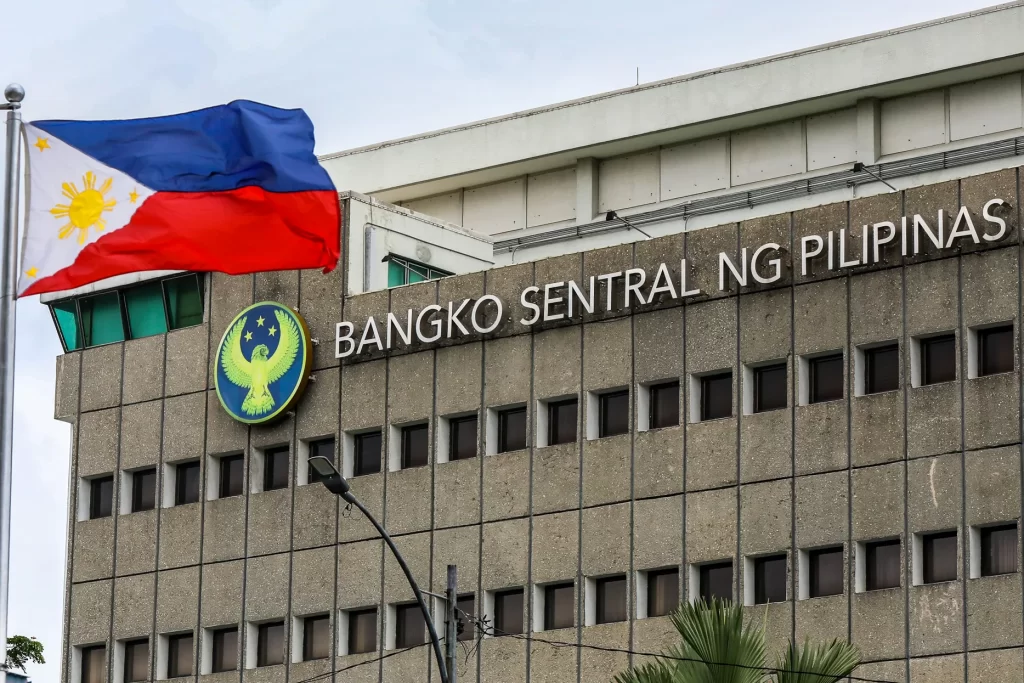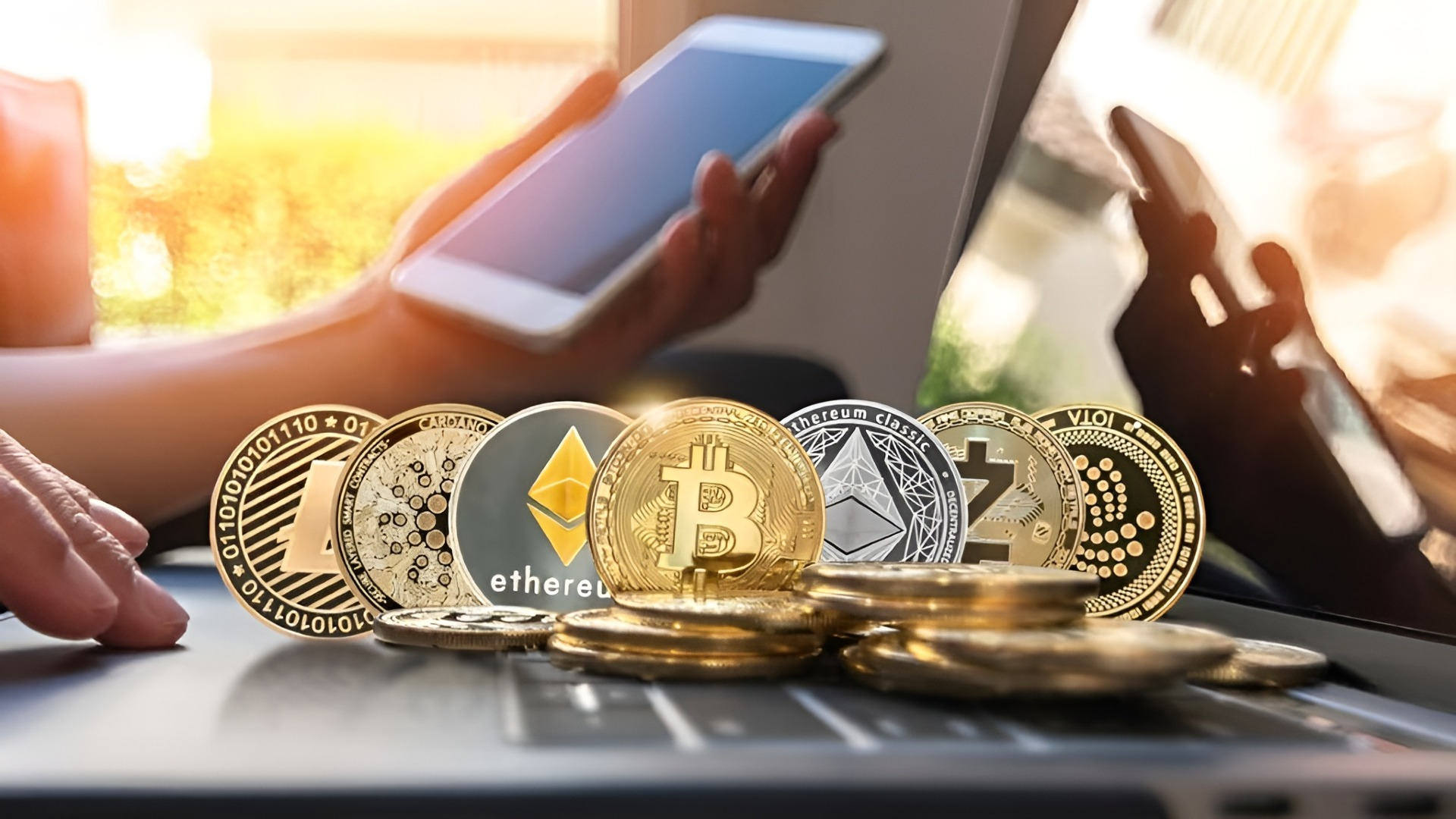The Bangko Sentral ng Pilipinas (BSP) is taking a firm stance on the country’s burgeoning crypto market, announcing an indefinite extension of its moratorium on granting new licenses for virtual asset service providers (VASPs).
The move, approved by the Monetary Board, is a proactive measure to protect consumers and maintain the integrity of the financial system from the “heightened risks” associated with virtual assets (VAs).
For the public, this means the door is now closed — at least for the foreseeable future — on new players entering the crypto exchange space in the Philippines. The BSP, which has already licensed a number of VASPs to operate, says the moratorium will be periodically reviewed as it strengthens its monitoring, surveillance, and enforcement capabilities.

What are VASPs, and why is the BSP so cautious? In simple terms, a VASP is any entity that facilitates the exchange or transfer of VAs, with cryptocurrency exchanges being the most common example. VAs themselves are defined as any digital representation of value that can be traded, transferred, or used for payment, such as Bitcoin or Ethereum.
The central bank’s decision is part of its commitment to strengthening the country’s framework against illicit activities like money laundering, terrorism financing, and the proliferation of weapons of mass destruction.
The Philippines was recently removed from the Financial Action Task Force (FATF)’s “grey list” in February 2025, a significant milestone that the BSP is keen to build upon. This new policy is meant to ensure that existing VASPs are operating in full compliance with regulations and international standards, implementing secure, transparent, and accountable practices.
BSP issues strong warning for the public

With the moratorium in place, the BSP is also reminding the public to be vigilant and steer clear of unlicensed or unauthorized VASPs. This isn’t just a friendly heads-up; it’s a strong advisory to protect consumers from the risks of transacting with unregulated firms.
The BSP stresses that Filipinos should always exercise caution and conduct due diligence before engaging with any crypto platform. The easiest way to do this is to verify a VASP’s registration status on the official BSP website, which maintains a public list of all licensed providers. This simple check can help users avoid platforms that operate outside the law and pose a risk to their digital assets.
In its public advisory, the BSP also provided contact information for its Technology Risk and Innovation Supervision Department and the Consumer Protection and Market Conduct Office. The move gives the public a direct channel to report any unlawful or suspicious activities involving VAs or VASPs. This two-way communication not only empowers consumers but also provides the BSP with critical information to enhance its monitoring and enforcement efforts.
The road ahead

While the moratorium may seem like a setback for a rapidly growing industry, the BSP sees it as a necessary step to ensure the industry develops responsibly and securely.
By prioritizing the stability of the financial system and the protection of consumers, the central bank is aiming to build a more robust and trustworthy digital asset ecosystem.
The indefinite extension of the ban is a clear signal that the BSP is not rushing to adopt new technologies without a solid regulatory foundation. Instead, it is taking the time to understand the evolving domestic and global virtual asset landscape, ensuring it can effectively address emerging risks.
This strategic pause allows the central bank to fortify its capabilities and, in doing so, safeguard the Filipino public from the inherent volatility and risks of the crypto world.
The message from the BSP is clear: innovation is welcome, but it must be balanced with responsibility and strict compliance.








